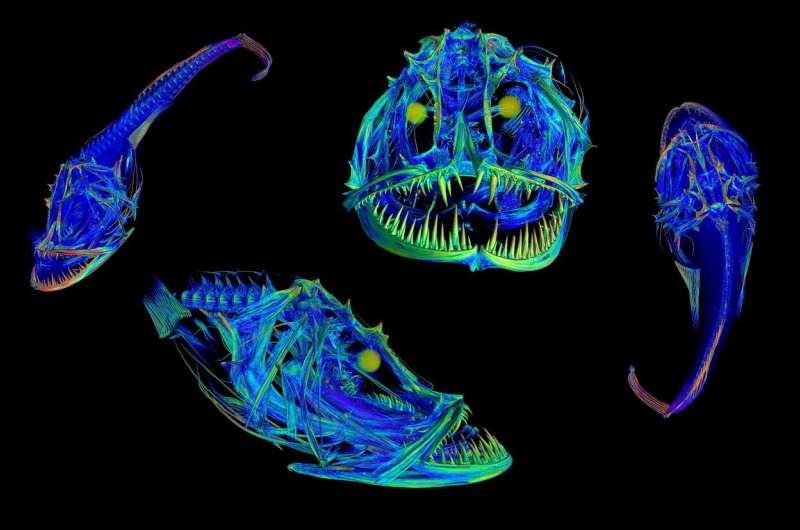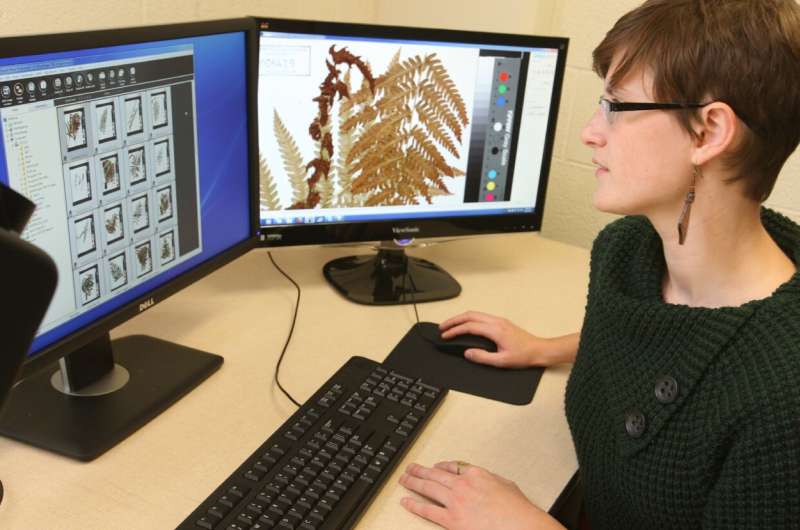Scientists call for national science agenda for biodiversity collections

The Biodiversity Collections Network (BCoN) has developed a national agenda that leverages digital data in biodiversity collections for new uses. Informed by a series of workshops and stakeholder discussions, Extending U.S. Biodiversity Collections to Promote Research and Education will stimulate new research endeavors, particularly in areas where biology intersects with other fields and engages students and the public.
The story of our environment and life on Earth is told by approximately one billion biodiversity specimens as diverse as dinosaur bones, plants, parasites, insects, eggshells, microscopic pollen grains, audio recordings, field notes and CT scans, among other samples held in more than a thousand natural history museums, university science departments, botanic gardens, and other research centers across the country.
Scientists familiar with the plan are excited.
"These specimens are the primary source of data required to understand life and how species respond to environmental change, to explore for unique plants that can be the basis for new medical therapies, and to increase agricultural productivity and thus food security," said Dr. James Hanken, Professor of Biology and Director of the Museum of Comparative Zoology at Harvard University.
There is an urgent need for a digital network of extended specimen data that represents the depth and breadth of biodiversity collections. The Extended Specimen Network (ESN) includes both the physical specimens and their associated genetic, phenotypic, and environmental data. The network relies on new data-integration mechanisms that digitally link all of the dynamic components. "ESN will enable researchers to understand the rules of life—the rules that govern how organisms grow, diversify, and interact with one another, and how environmental conditions may affect these rules," said Dr. Barbara Thiers, Vice President at the New York Botanical Garden. As a resource for formal and informal education, the ESN provides scalable opportunities for K-12 students and lifelong learning in data literacy and the life sciences for others.

"It is our hope that many different communities will come together to build the Extended Specimen Network. This is a transformative endeavor that benefits humanity in many different ways," said Dr. Robert Gropp, Executive Director of the American Institute of Biological Sciences and Principal Investigator for the BCoN project, which was funded by the National Science Foundation.
Provided by American Institute of Biological Sciences




















